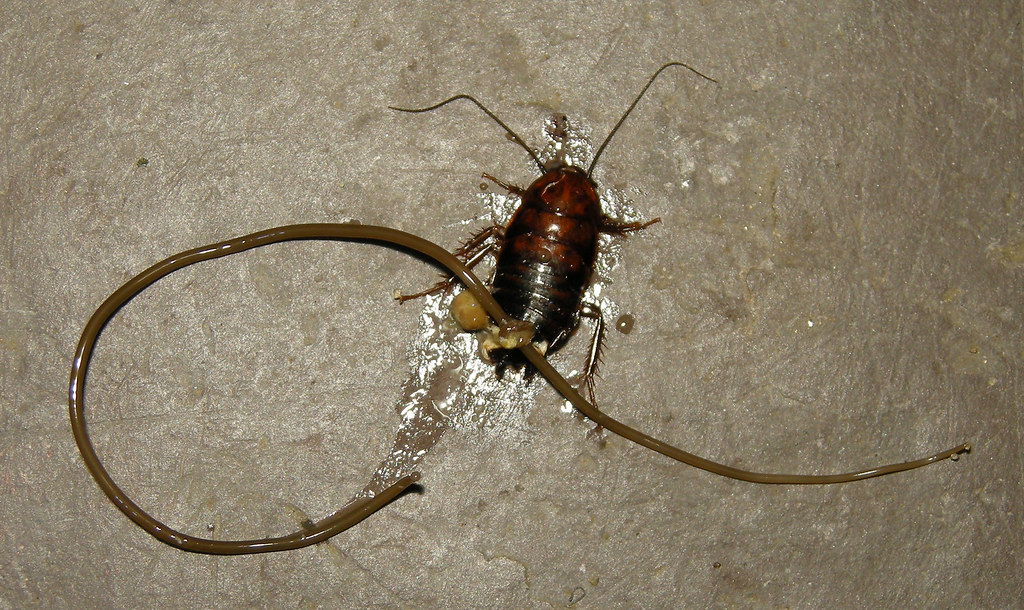

The clots may detach and be carried in the bloodstream, eventually lodging, blocking blood flow, and resulting in tissue death. The larvae’s movement can cause significant damage to the lining of blood vessels, leading to the formation of blood clots. From there, they move through different organs and eventually migrate back to the intestine. The larvae mature in the intestinal tract and burrow out into blood vessels. Eggs in manure hatch into larvae that horses consume when grazing. Large strongyles ( Strongylus spp.) - Also known as bloodworms or red worms, this species is one of the most harmful parasites of horses.Horses usually become infected with the eggs or larvae when they eat grass, hay, or grain contaminated with manure.Ī large variety of parasites can infect horses, but the intestinal parasites that are the most common and present the greatest health risks include: Intestinal parasites affect horses more frequently than respiratory, musculoskeletal or central nervous system parasites.Īlthough different parasite species have different life cycles, the basic pattern involves eggs hatching, developing into larvae, migrating through the body of the host (which often causes the most damage), and maturing into adults that lay hundreds to millions of eggs per day. Common internal parasites of horses include worms (helminths), insects (arthropods), and microscopic organisms (protozoa). Parasites differ from other organisms living in or on a host in that they are ultimately detrimental to the health of the host. Work with your veterinarian to tailor equine parasite control to your individual situation.It is important to choose the proper FDA-approved medications for the intended use and time treatments to control egg shedding in the environment. Overuse of deworming medications in recent decades has led to drug resistance in many species.Fecal flotation and fecal egg count (McMasters) testing are used to identify the type and quantity of parasite(s) present. Diagnosis of intestinal parasites in horses is based on finding eggs in the manure.Some horses do not show any signs of infection.

Signs of infection vary based on the type of parasite.Horses usually become infected with intestinal parasites when they eat grass or hay contaminated with manure containing parasite eggs or larvae.


 0 kommentar(er)
0 kommentar(er)
